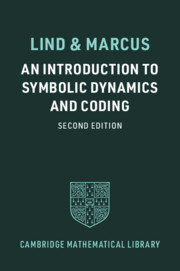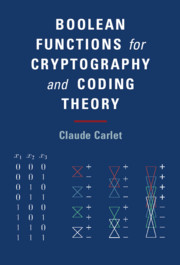An early version of this book was a handwritten manuscript from around 1990. In June 2001 a synopsis was written by invitation of Cambridge University Press with the working title “The construction and decoding of algebraic geometry codes,” or “Algebraic geometry and its applications (in error-correcting codes and cryptography).” That proposal was accepted, but with no indication of a deadline. So originally its aim was a book on algebraic geometry codes. As time passed more and more co-authors joined the team: Xin-Wen Wu in 2004, Stanislav Bulygin in 2007 and finally Relinde Jurrius in 2012.
Early versions of chapters were written on algebraic geometry codes, elementary coding theory, list decoding Reed–Muller codes, decoding algorithms and Gröbner bases, cryptography, weight enumerators and its generalizations and relations with matroid theory that appeared in books and journals [68, 69, 70, 71, 177, 184, 186, 266].
The prerequisites of this book are: elementary logical reasoning and naive set theory, some combinatorics and probability theory. Furthermore: linear algebra, the beginnings of group theory, the algebra of rings and fields. We will go into the details of polynomial rings and finite fields in several chapters.
The first six chapters of the book on the construction, properties and decoding of error-correcting codes are self-contained. This can be used as a course in Coding Theory of four hours a week during a semester in the first year of the Masters. It is advised to use Chapter 12 from the start to practise the theory with computer algebra systems.
The second half of the book on complexity theory, cryptology, Gröbner bases applied to codes and cryptosystems and algebraic geometry codes is more advanced. This can be used for a course in the second year of a Masters degree or can be read individually as a Capita Selecta. It is also a good starting point for a project or assignment. In the Notes at the end of every chapter we give ample references to further reading.
We thank the editors of Cambridge University Press: David Tranah, Jonathan Walthoe, Roger Astley, Clare Dennison and Abigail Walkington for their advice and patience.

